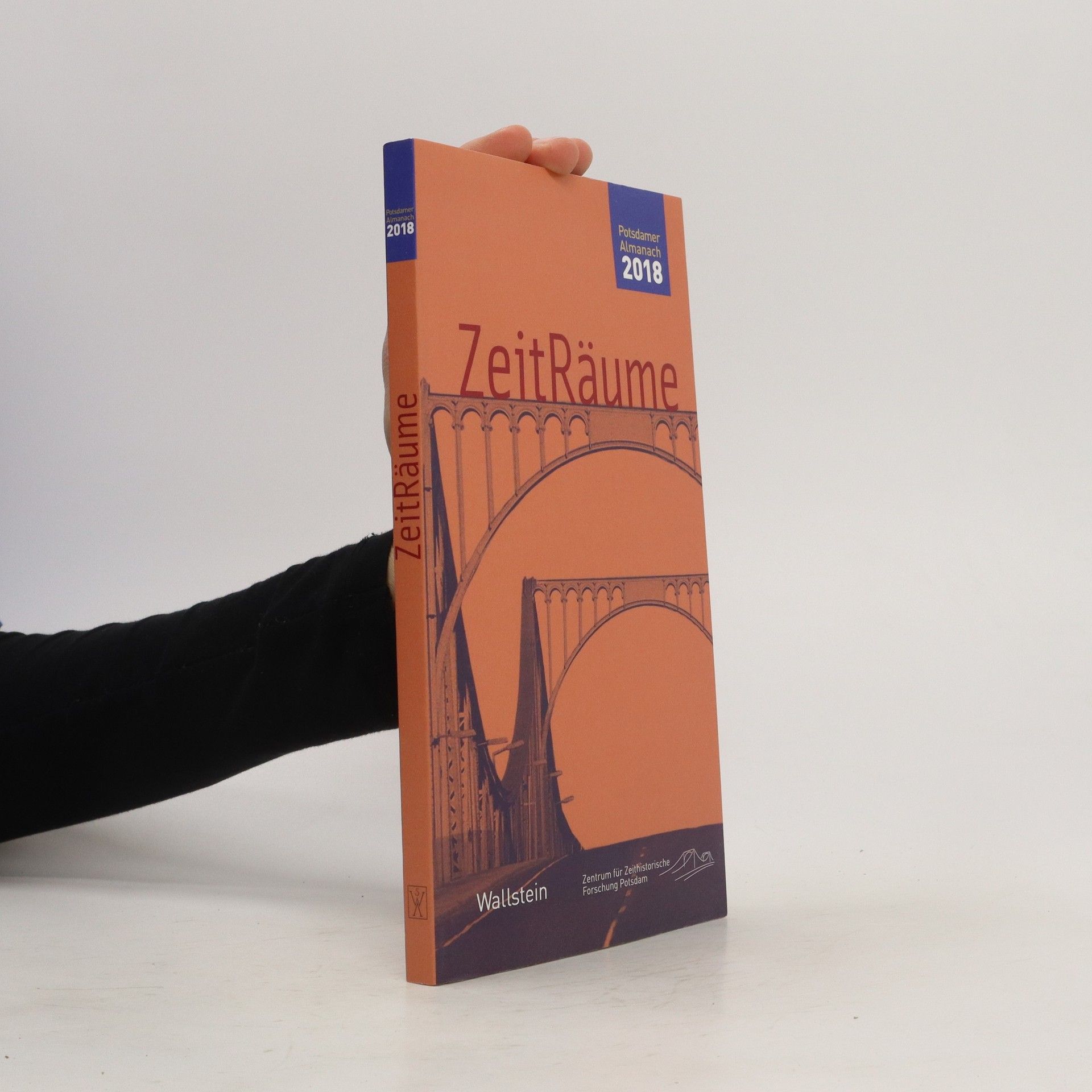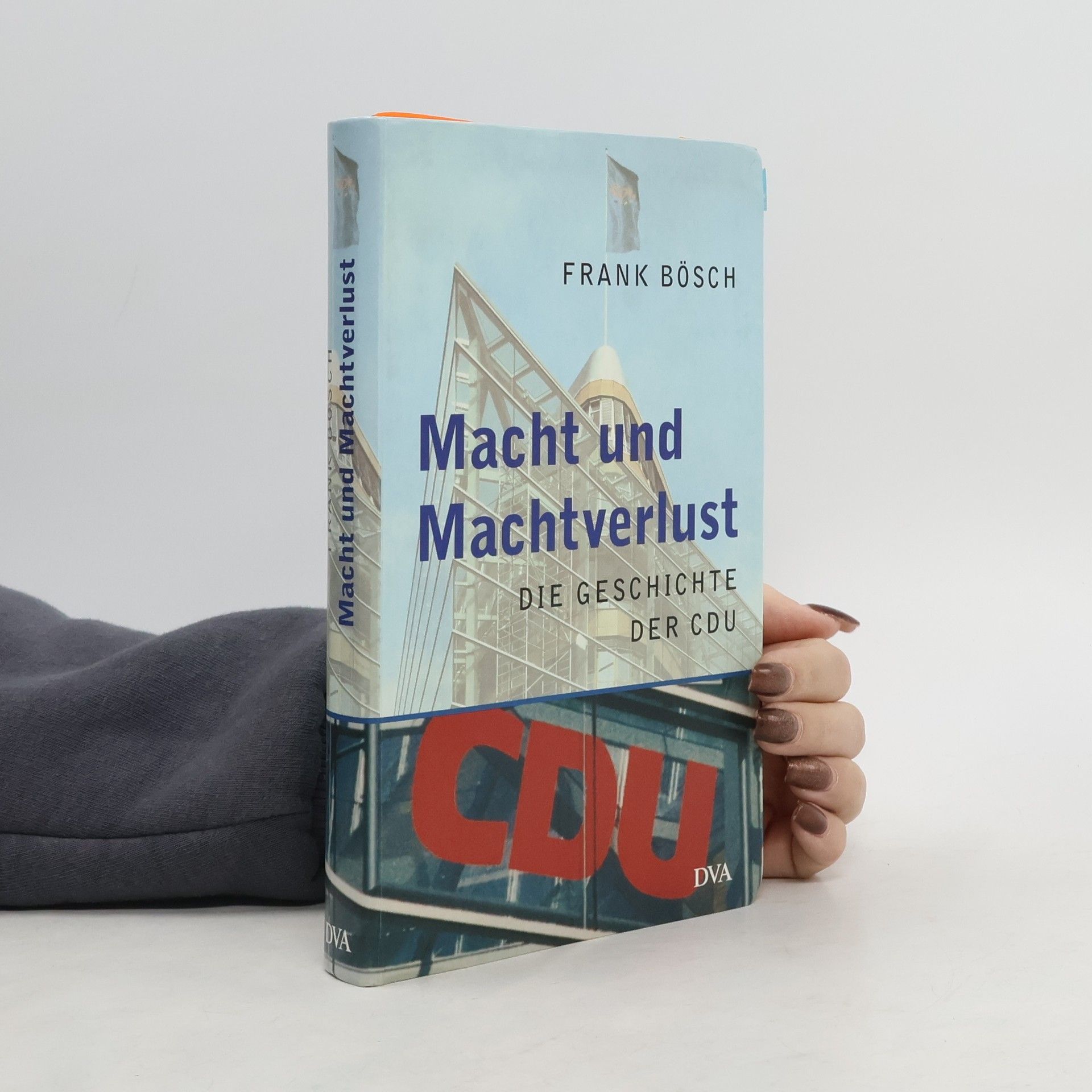Frank Bösch Libri
Frank Bösch è uno storico e autore tedesco il cui lavoro approfondisce le complessità della storia moderna. Esamina criticamente i processi sociali e politici, offrendo ai lettori una comprensione sfumata del passato. In qualità di professore di storia moderna presso l'Università di Potsdam, Bösch porta rigore accademico nelle sue esplorazioni. Le sue analisi sono essenziali per comprendere l'evoluzione del mondo contemporaneo.
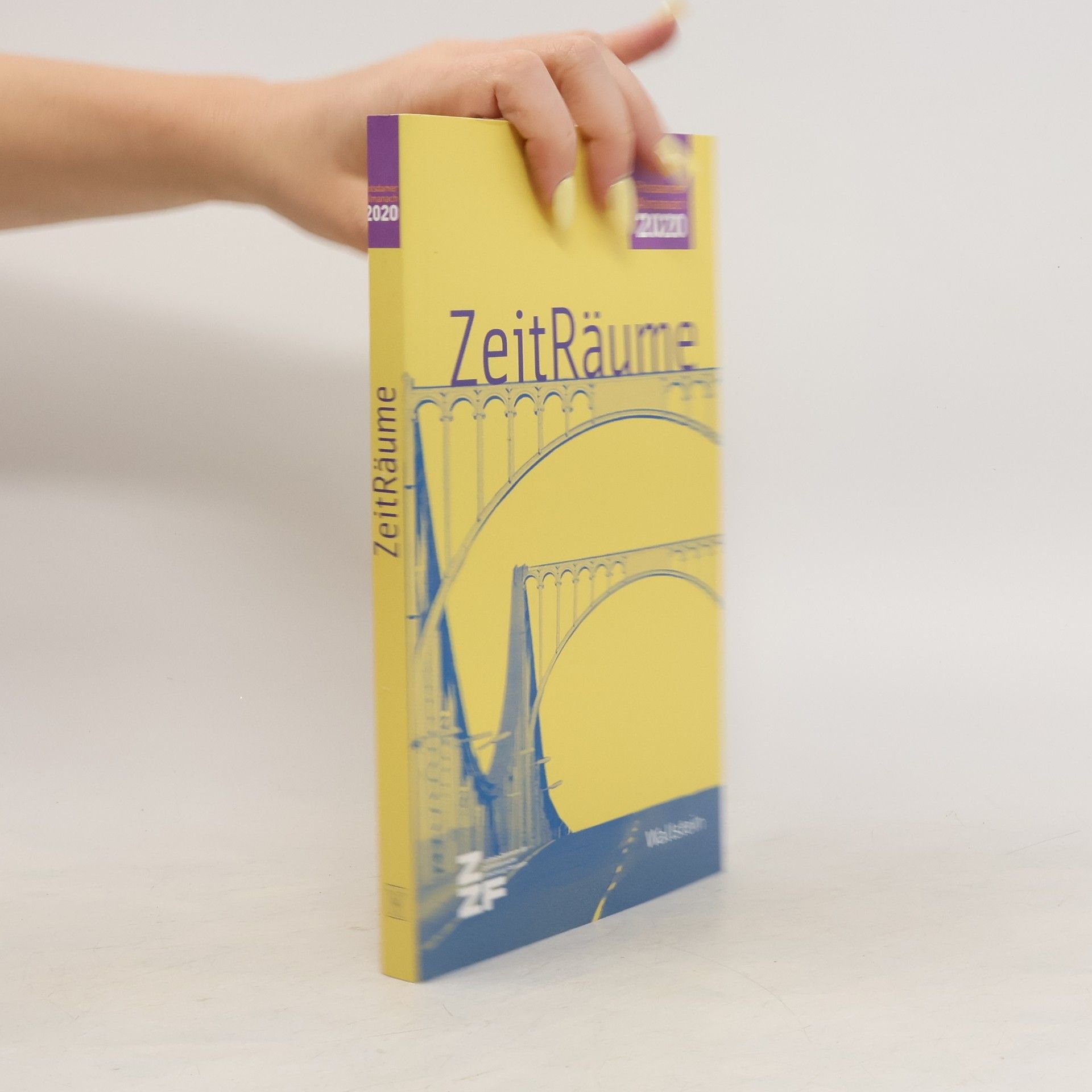
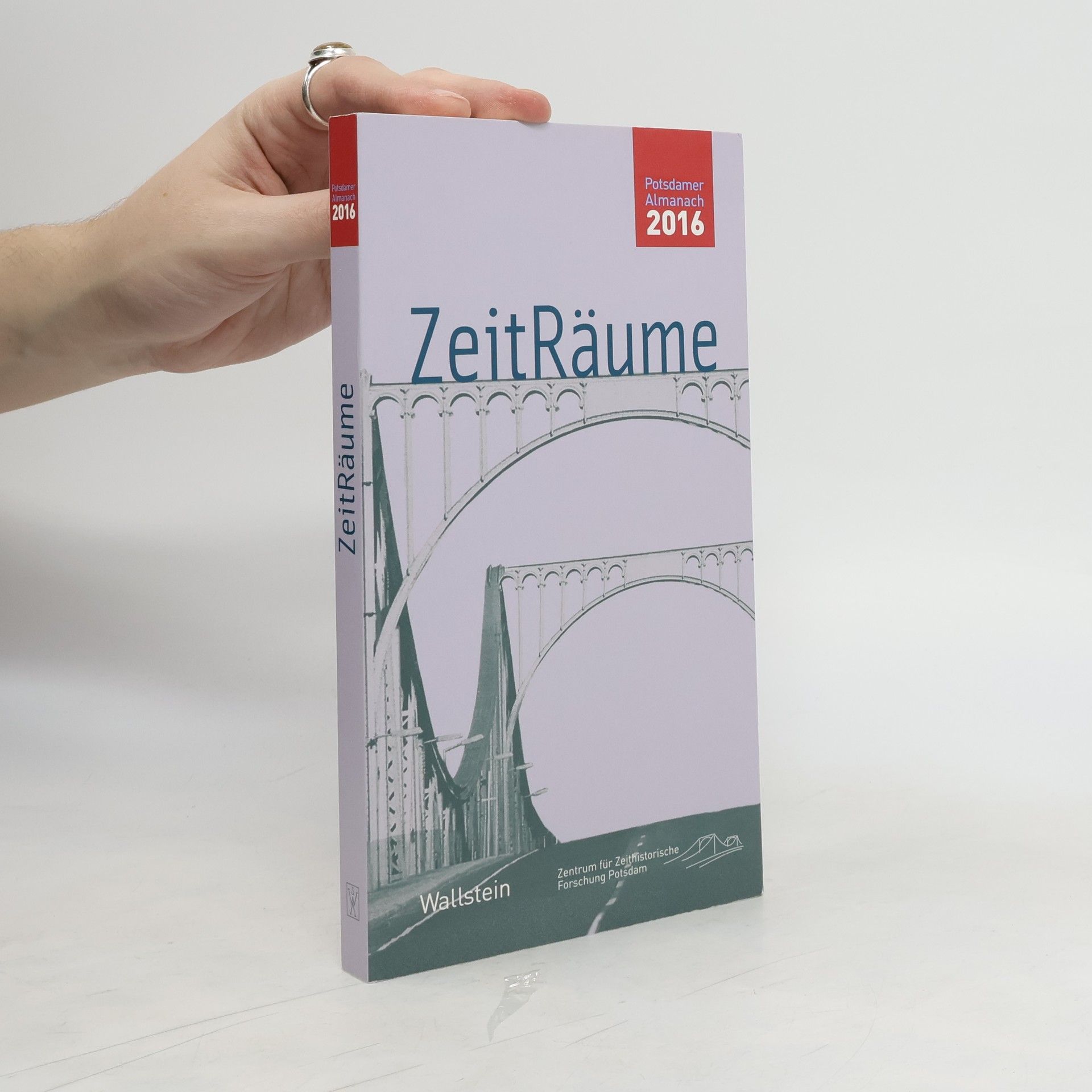
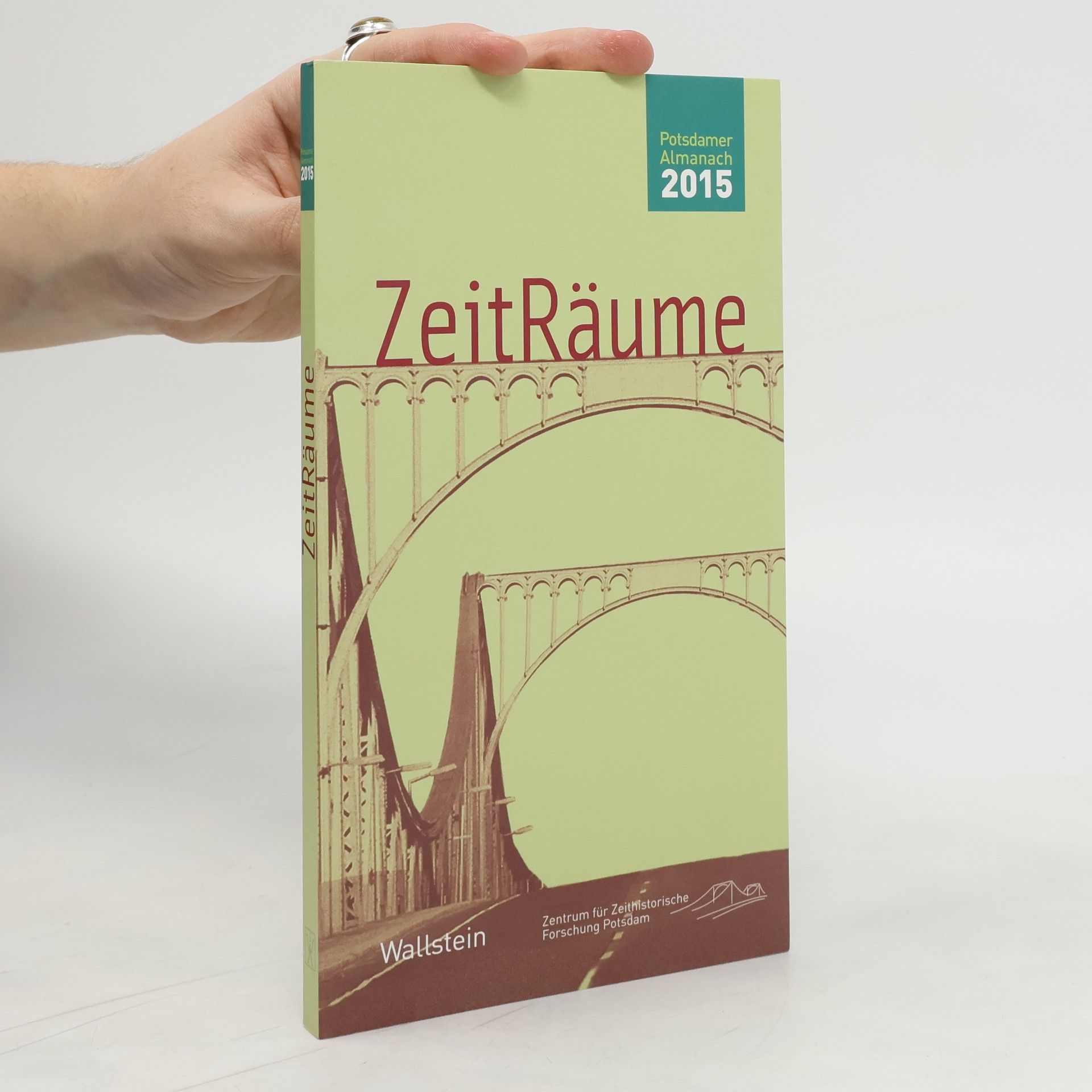

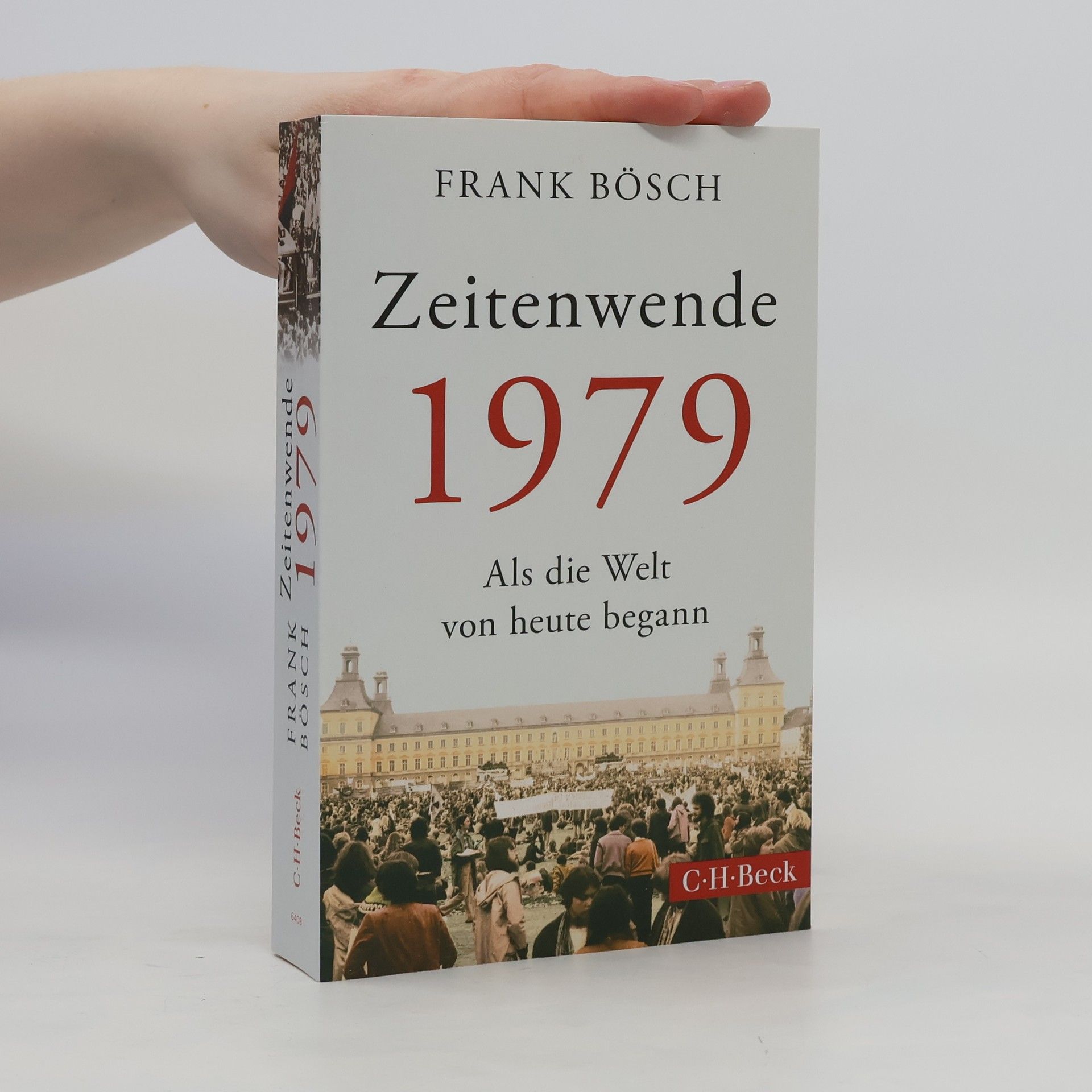

Zeitenwende 1979
- 512pagine
- 18 ore di lettura
Im Jahr 1979 häuften sich weltweit Krisen, euphorische Aufbrüche und Revolutionen. Die iranische Revolution, Thatchers Neoliberalismus oder die Öffnung Chinas veränderten ebenso die Welt wie die Aufnahme der BoatPeople, der AKW-Unfall von Harrisburg oder der sowjetische Einmarsch in Afghanistan. Frank Bösch nimmt uns mit auf eine faszinierende Zeitreise zu den Quellen unserer Gegenwart. 1979 gilt als \"das Schlüsseldatum des 20. Jahrhunderts\" (Peter Sloterdijk) und wird als der \"Beginn der multipolaren Welt von heute\" (Claus Leggewie) bezeichnet. Die iranische Revolution brachte den fundamentalistischen Islam auf die weltpolitische Agenda, während der sowjetische Einmarsch in Afghanistan auf die Krisenherde des 21. Jahrhunderts vorauswies. Der Papstbesuch in Polen, der von Millionen gefeiert wurde, beschleunigte den Untergang des Sozialismus. Margaret Thatcher verkündete eine neoliberale, die neugegründete grüne Partei eine ökologische Wende. Und die vietnamesischen Boat People konfrontierten die Deutschen erstmals mit weltweiten Flüchtlingsströmen. Frank Bösch schildert in seinem brillanten Panorama mit bisher unbekannten Dokumenten, wie diese Ereignisse 1979 aufkamen und welche Folgen sie für Deutschland hatten: politisch, kulturell und - mit Energiespar-Appellen, Nicaragua-Kaffee, Fremdenhass und Willkommenskultur - auch für unseren Alltag.
Historikerinnen und Historiker agieren oft in der Öffentlichkeit. Sie beteiligen sich an gesellschaftlichen Debatten, setzen (geschichts-)politische Akzente und engagieren sich in der historischen Aufarbeitung.Dabei können sie eine aufklärende, eine agitierende, eine mahnende, eine anklagende oder auch verteidigende Rolle einnehmen und wirken so als Public Historians im breiten Feld der Public History. Ihre Interventionen betreffen oft die Erinnerungskultur und Geschichtspolitik, aber auch darüber hinausreichende aktuelle Fragen. Der geplante Band versammelt Beiträge aus dem ZZF Potsdam. Die Artikel nehmen einzelne Public Historians, gesellschaftliche Debatten und wissenschaftliche Selbstverständigungen in den Blick und thematisieren auf diese Weise das Verhältnis von Geschichte und Öffentlichkeit.
ZeitRäume, Potsdamer Almanach des Zentrums für Zeithistorische Forschung 2016
- 213pagine
- 8 ore di lettura
ZeitRäume versammelt jährlich eine Auswahl von zeitgeschichtlichen Analysen, die am Zentrum für Zeithistorische Forschung in Potsdam (ZZF) vorgestellt wurden oder aus der Arbeit des Instituts entstanden sind. Die Zusammenstellung hat nicht den Anspruch, die am ZZF betriebenen Forschungen repräsentativ zu spiegeln. Aber sie vermittelt einen Eindruck von der Vielfalt und Vielgestalt der Wege, die uns zum Verständnis unserer zugleich so nahen und so fernen Zeitgeschichte im 20. und beginnenden 21. Jahrhundert führen können.
ZeitRäume versammelt jährlich eine Auswahl von zeitgeschichtlichen Analysen, die am Zentrum für Zeithistorische Forschung in Potsdam (ZZF) vorgestellt wurden oder aus der Arbeit des Instituts entstanden sind. Die Zusammenstellung hat nicht den Anspruch, die am ZZF betriebenen Forschungen repräsentativ zu spiegeln. Aber sie vermittelt einen Eindruck von der Vielfalt und Vielgestalt der Wege, die uns zum Verständnis unserer zugleich so nahen und so fernen Zeitgeschichte im 20. und beginnenden 21. Jahrhundert führen können.
ZeitRäume
- 160pagine
- 6 ore di lettura
ZeitRäume versammelt jährlich eine Auswahl von zeitgeschichtlichen Analysen, die am Zentrum für Zeithistorische Forschung in Potsdam (ZZF) vorgestellt wurden oder aus der Arbeit des Instituts entstanden sind. Die Zusammenstellung hat nicht den Anspruch, die am ZZF betriebenen Forschungen repräsentativ zu spiegeln. Aber sie vermittelt einen Eindruck von der Vielfalt und Vielgestalt der Wege, die uns zum Verständnis unserer zugleich so nahen und so fernen Zeitgeschichte im 20. und beginnenden 21. Jahrhundert führen können.
Macht und Machtverlust
- 311pagine
- 11 ore di lettura
Nach ihrem Machtverlust und den Finanzskandalen steht die CDU vor ihrer schwersten Bundestagswahl. Ähnlich wie schon Adenauer hatte auch Helmut Kohl die Union zwar zu einer erfolgreichen Partei aufgebaut, sie aber zerrüttet hinterlassen. Frank Bösch betrachtet die aktuellen Herausforderungen der CDU im Zusammenhang mit ihrer wechselvollen Parteigeschichte. Die tagespolitischen Meldungen lassen leicht vergessen, wie sehr Parteien durch ihre lange Geschichte geprägt sind. Diese pointierte Überblicksdarstellung bietet Hintergrundinformationen zu aktuellen Diskussionen. Sie zeigt, welche Reformpotentiale die CDU bislang aufwies und wo ihre Beharrungskräfte liegen. Die zum Teil dramatischen Veränderungen der Parteiführung, ihrer Organisation und Finanzen werden dabei ebenso untersucht wie der Wandel ihrer Politik, ihrer Programmatik und ihrer Wählerschaft. Damit gibt dieses Buch erstmals einen parteiunabhängigen Gesamtüberblick über nahezu sechs Jahrzehnte CDU-Geschichte.
Zeitgeschichte – Konzepte und Methoden
- 464pagine
- 17 ore di lettura
Research into contemporary history was long considered methodologically very conventional. In the past few years, however, many new approaches have been put forward. This volume introduces the reader to these new currents. Besides the traditional methods, newer fields such as generational history, visual history, the cultural history of politics or environmental history are treated. Further, renowned historians reflect on the theoretical background of the study of contemporary history and the development of research directions. This book is a treasure trove for anyone active in the modern historical sciences.
Soziale Strukturen und Semantiken des Religiösen im Wandel
Transformationen in der Bundesrepublik Deutschland 1949-1989
- 222pagine
- 8 ore di lettura
